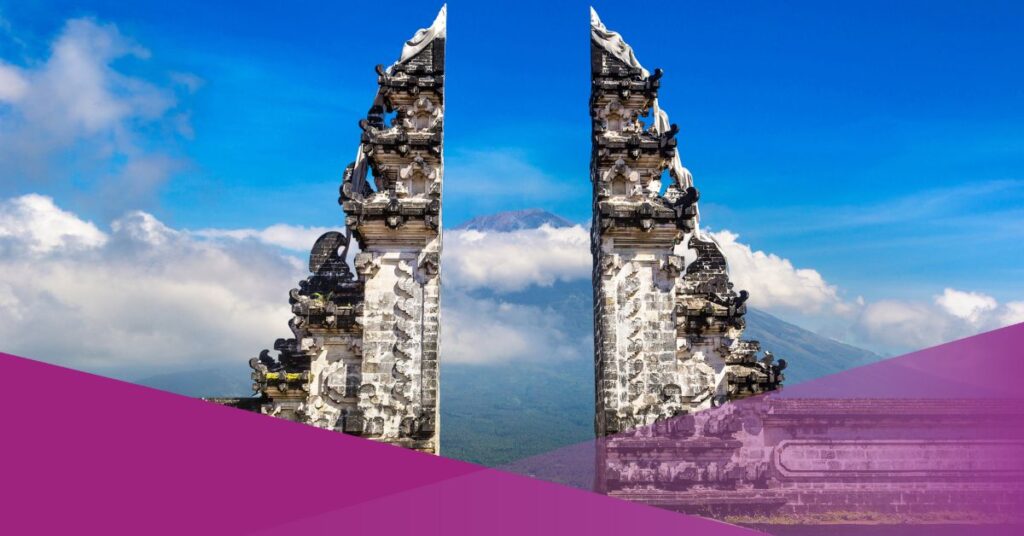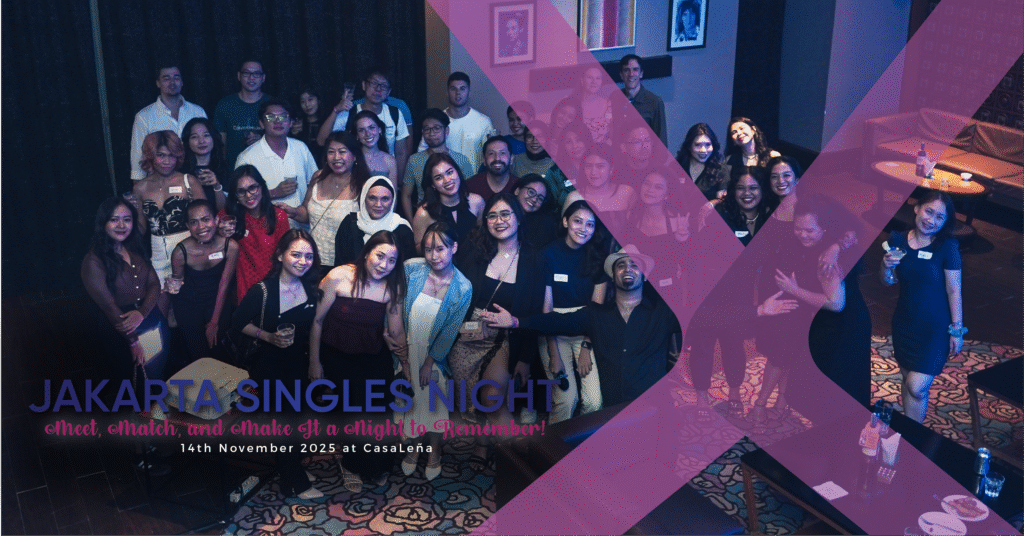A foreign travel influencer has gone viral after calling Bali’s famous Pura Lempuyang temple a “scam” in a now-deleted video.
The post sparked online debate about cultural respect, social media tourism, and the dangers of travelling without context.
The incident, which began with a video shared by influencer Mathilde, showed her frustration after discovering that the temple’s iconic “Gates of Heaven” photo was created using a mirror rather than real water.
She also complained about the long queue for photos, describing the experience as disappointing.
Her reaction quickly spread across social media, where many Indonesians and other travellers criticised her comments. “You’re in a historical and spiritual place, respect Balinese culture,” wrote one user in the comment section.
@daadisnacks posting this on Diwali is crazy #influencer ♬ Piano famous song Chopin Deep deep clear beauty – RYOpianoforte
Others pointed out that many visitors already know about the mirror technique, which photographers use creatively to capture the famous reflection effect.
“I apologise for posting this video (which I have now deleted), and I realise how disrespectful it was to call it a scam,” Mathilde later wrote in a TikTok post from @daadisnacks.
“I realise the ‘underwhelming’ feeling I had came from my lack of research into the place’s cultural and religious importance. I will definitely be more careful next time I travel to religious places like these. Thank you for your insights in the video, and again, I truly apologise.”
A Lesson in Cultural Awareness and Travel Preparation
The debate has since turned into a larger discussion about how social media shapes tourist expectations. For many, Pura Lempuyang is more than a photo spot. It’s a sacred temple complex and an active place of worship.
Travel bloggers and local residents reminded visitors that while the “mirror illusion” is not a scam, the temple’s fame often leads to long waits. “The temple is still beautiful and spiritual. The delays are simply because of how popular the site is,” said one local guide.
Standing at over 1,000 metres above sea level, the temple offers stunning views of Mount Agung and Bali’s eastern landscape. Even without the mirror shot, visitors can appreciate its architecture and peaceful atmosphere.
Bali’s tourism community also used the moment to highlight other recurring travel scams, unrelated to the Lempuyang case, that tourists should stay alert to.
Common Scams to Watch For in Bali
- Closed temple scam: Locals may claim a temple is closed and offer to take tourists elsewhere for a fee. Always check for an official ticket booth before agreeing.
- Unofficial entrance fees: Be cautious if someone asks for payment on the roadside. Payments should only be made at official counters.
- Sarong charges: Some vendors may try to sell or rent sarongs unnecessarily. Most temples provide them for free at the entrance.
To stay safe, travellers are advised to walk confidently, politely decline offers with a simple “no, thank you,” and purchase tickets only from official points. Doing research before visiting also helps manage expectations and shows respect for local traditions.
































